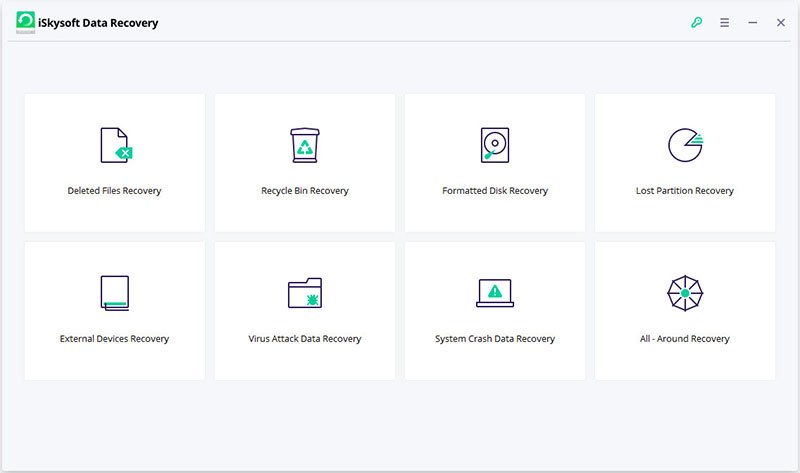Over the past three years, encryption has become a major concern for organizations of all sizes. Corporate hacks and Hillary Clinton’s email scandal have raised public awareness about the ubiquitous risks of unsecured data, and a growing number of businesses, government agencies, and individuals have started employing software that can effectively protect their communications from third-party surveillance.
There are many reasons why the encrypted smartphone has become the tool-of-choice for those concerned about the risks of cyber attack, but one of the most significant is the fact that encrypted smartphones are constantly being upgraded to meet the latest threats.
Here are three of the most significant ways that cutting-edge encryption software is evolving to protect communications:
1. More Sophisticated Encryption Algorithms
Creating effective encryption solutions means staying ahead of hackers and cybercriminals, which is why the best encryption providers are exploring new, stronger encryption algorithms that can protect users from the newest malware, spyware, and hacking techniques.
But in order for it to be effective for business communication, encryption also needs to be widely used and widely available. The latest encryptions solutions from companies like ChatMail Secure solve this problem by providing multiple levels of encryption.
Users default to ChatMail’s proprietary messaging and parsing protocol when communicating with other ChatMail users, but they can also use the more widely available PGP encryption from the same interface.
2. Improved Ease-of-Use
For most encrypted smartphones users, functionality is just as important as security. In the fast-paced world of business and government affairs, an encrypted smartphone that isn’t set up to allow for voice messaging, image sharing, and chat is an impediment to effective communication.
One of the things that makes an up-to-date encryption tool like ChatMail different from older encrypted smartphone technology is its ability to provide a wide range of tools and a seamless interface without compromising the integrity of its encryption software (you can click here to learn more about the CAMP protocol’s unique approach to encrypted messaging).
3. Better Features
In order for encryption software to provide adequate protection, it needs to do more than simply encrypt messages. It also needs to ensure that users have control over the encryption keys, and can easily generate new keys as needed.
The latest encryption software from ChatMail Secure goes even further, allowing users to set automatic expiration dates for the messages they receive and favorite messages they want to keep beyond the automation expiration period, and provides options for remote wipes should a device be lost.
The World Economic Forum listed cyber attacks as the third most likely threat facing businesses this year, and it is likely that it will continue to be ranked as one of the most serious threats in 2019. This is why it is important for businesses not simply to adopt encryption, but to adopt the most cutting-edge encrypted smartphones that can keep their communications safe from cyber threats on every front.
Only encrypted smartphones from providers like ChatMail can guarantee secure, practical encryption solutions that can keep sensitive information confidential without impeding communication, which is why you should get in touch with an encryption provider today to explore how encrypted smartphones can make your communications more secure.
Read Also:






















